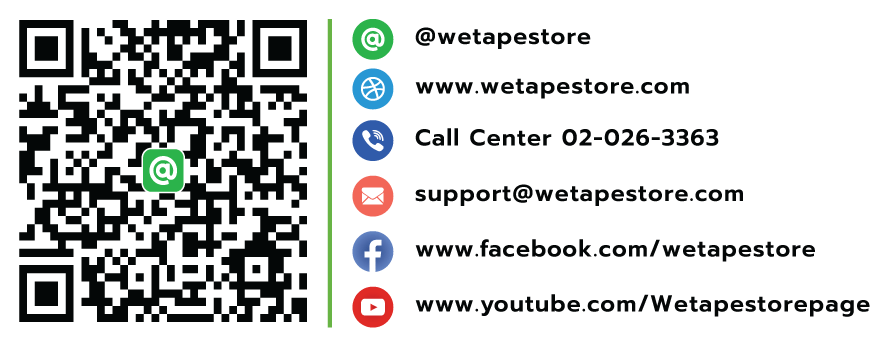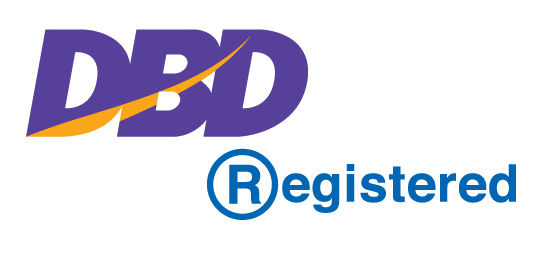You have no items in your shopping cart.
Industrial adhesive tapes
Industrial adhesive tapes are essential components in various manufacturing, assembly, and maintenance processes across many sectors. These tapes offer a versatile and reliable solution for bonding, sealing, insulating, and masking applications under a range of conditions and substrates. Here's a closer look at their features, types, and applications in the industrial context:
Features
Strength and Durability: Industrial tapes are designed to provide strong, durable bonds capable of withstanding harsh environmental conditions, including extreme temperatures, UV exposure, moisture, and chemicals.
Versatility: These tapes come in various materials, widths, thicknesses, and adhesive types to suit different surfaces and application requirements.
Ease of Use: They offer a clean, precise application without the need for additional tools or drying time, unlike traditional adhesives.
Performance: Industrial tapes can provide specialized performance characteristics such as electrical conductivity, thermal resistance, or flexibility, enhancing the functionality of the final product.
Types
Double-Sided Tapes: These have adhesive coated on both sides, useful for bonding two surfaces. Applications include mounting, signage, and attaching automotive trim.
Single-Sided Tapes:
- Electrical Tapes: Single-sided, these insulate, protect electrical connections, and are resistant to electricity, heat, and moisture. Essential for electrical wiring and safety.
- Masking Tapes: Primarily used for masking off areas to protect from paint or surface treatments, these are easily removable without residue.
- Duct Tapes: Known for their robustness, used for a wide range of quick repairs, sealing, and reinforcing in construction and HVAC.
- Foam Tapes: Single-sided foam tapes provide cushioning, sealing, and insulation against elements, noise, and vibrations.
- Thread Sealant Tapes: Used for sealing pipe threads in plumbing and gas systems to prevent leaks, typically made of PTFE.
High-Temperature Tapes: Suitable for environments experiencing extreme heat, such as in electronics, automotive, and aerospace, for tasks like shielding and wire protection.
Specialty Tapes: This category includes tapes designed for specific purposes, like anti-static tapes for electronic assemblies, reflective tapes for safety, and VHB (Very High Bond) tapes for strong, permanent bonds in automotive and architectural applications.
Applications
- Automotive: Uses include attaching interior and exterior trim, wire harnessing, and damping vibrations.
- Electronics: For insulating electrical parts, securing components like batteries, and providing EMI shielding.
- Construction: Employed in sealing windows and doors, roofing repairs, and ensuring ductwork is airtight.
- Aerospace: Useful for bonding lightweight materials, insulating against extreme temperatures, and protecting surfaces during production.
- Manufacturing: Broadly used in packaging, assembly lines, and temporary holding during various fabrication stages.
The inclusion of single-sided tapes highlights the diverse functionality of industrial tapes. Each type is engineered to meet specific requirements—be it conductivity, temperature resistance, or mechanical protection—underscoring the importance of selecting the right tape for the job to ensure safety, efficiency, and effectiveness in industrial applications.



























































